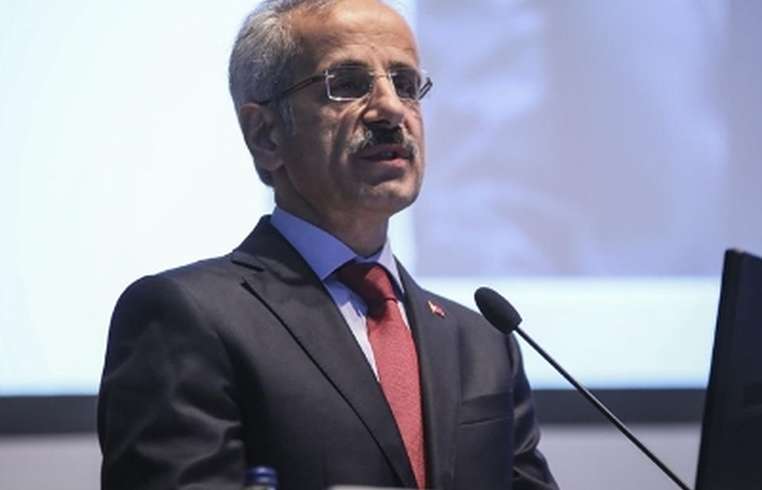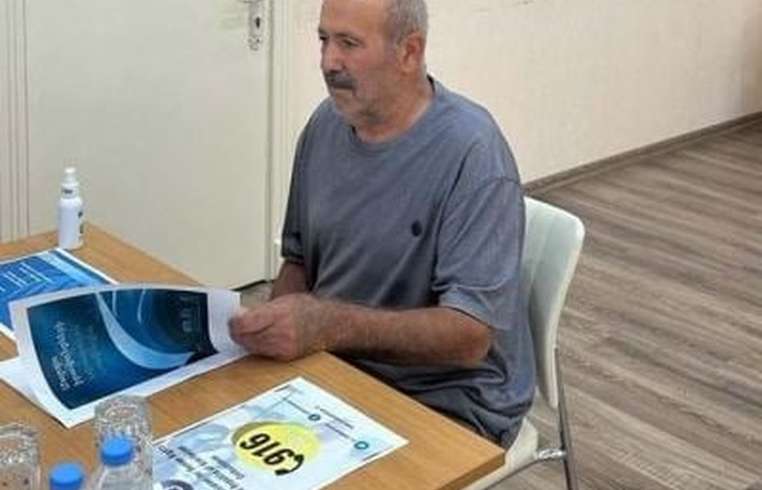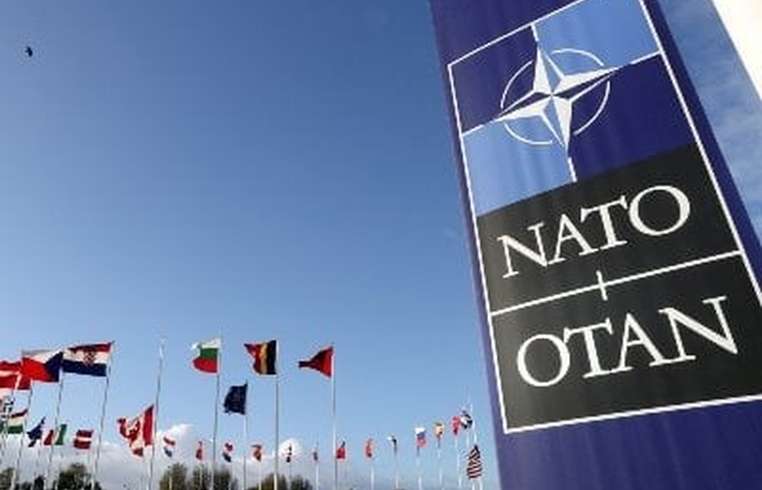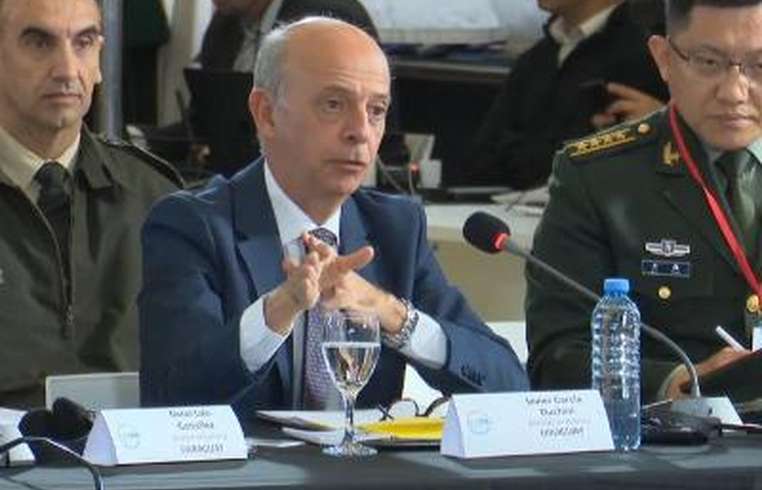
News - Four years later there is no defendant in the death case of Nshan Nshanian, although the medical error has been established.
Business Strategy
Four years later there is no defendant in the death case of Nshan Nshanian, although the medical error has been established.
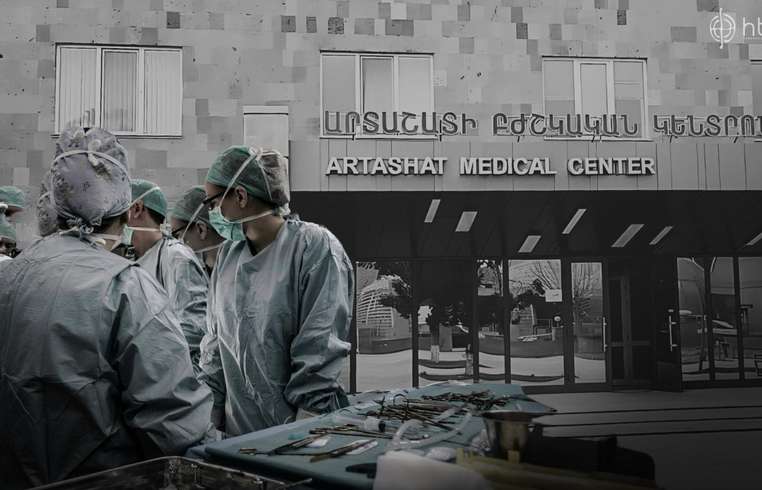
The Expert Center's response states that in N. Nshanian, according to the medical history of Artashat Central Hospital, a cardiac arrest was observed 3–4 minutes after the induction phase of anesthesia, which led to the initiation of cardiopulmonary resuscitation measures, as a result spontaneous circulation was restored, and the patient was transferred to the intensive care department. It is noted that generally, early detection of cardiac arrest and the as-quick-as-possible restoration of its probable underlying cause can improve the outcome. According to the anesthesiologist's notes, the actual cause of the cardiac arrest recorded in N. Nshanian is unknown. The main known perioperative causes of cardiac arrest are acute hypoxia (oxygen deficiency), hypovolemia (decreased circulating blood volume), acidosis, hypo- to hyperkalemia, cardiac tamponade, tension pneumothorax, pulmonary embolism, coronary artery thrombosis, anaphylaxis, rhythm disturbances, hypo- and hyperthermia, etc. Regarding the latter, it should be noted that malignant hyperthermia diagnosed at Yerevan's Heratsi No. 1 Hospital, according to etiopathogenesis, had central origin, meaning it was the result of complications arising during the induction phase of anesthesia at Artashat Central Hospital, and not the malignant hyperthermia syndrome encountered during anesthesia, which, if not properly treated, is associated with high mortality. It should also be noted that in some cases the cause of cardiac arrest during anesthesia may not be clarified. According to N. Nshanian, in the patient histories, after the cardiopulmonary resuscitation measures, during hospitalization at Artashat Central Hospital and Yerevan's Heratsi No. 1 Hospital, the patient's consciousness did not recover; it was assessed as coma, seizures were recorded. All of this, as well as the forensic examination results, may indicate cerebral hypoxic-ischemic injury, which could have arisen due to hypoxia (which in turn could lead to cardiac arrest) or during the cardiopulmonary resuscitation measures, says the Expert Center's response.


